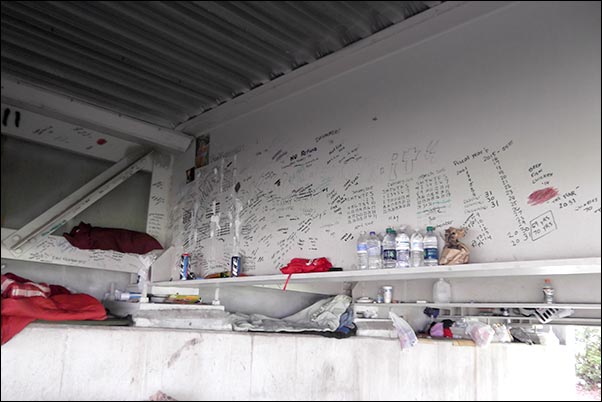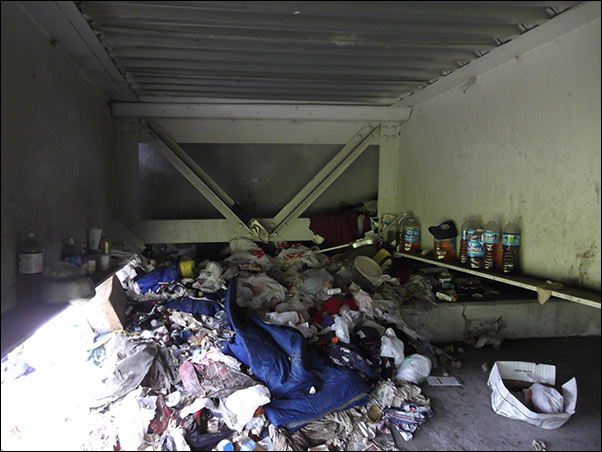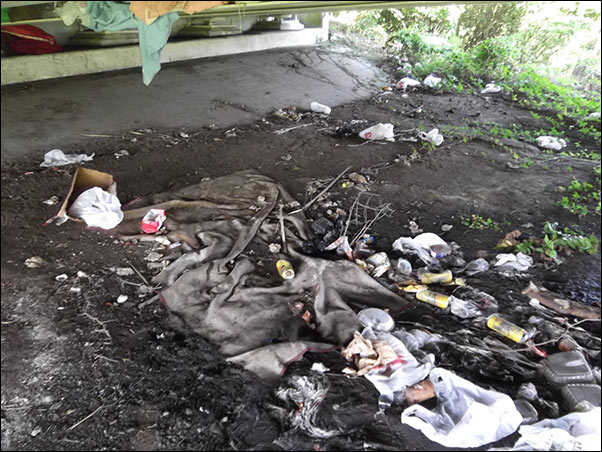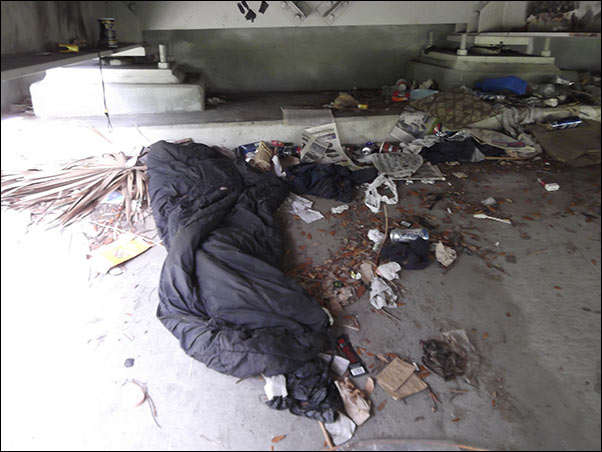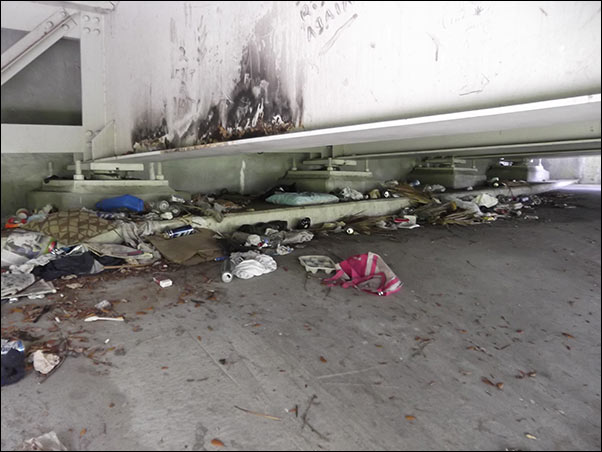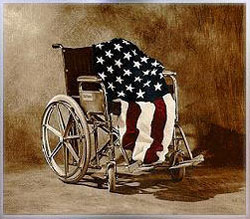Our Vets in Need
While some people are living the good life off welfare with free health care, food stamps, and money for cars and housing, our veterans live under bridges and cannot get the help they need. What is wrong with this picture?
American soldiers who are physically wounded in battle receive the medical treatment and other assistance that they need in order to return to civilian life. But, a soldier who is discharged from service with PTSD and other traumatic brain injuries generally does not receive the proper treatment and assistance that is required for them to deal with returning to civilian life.
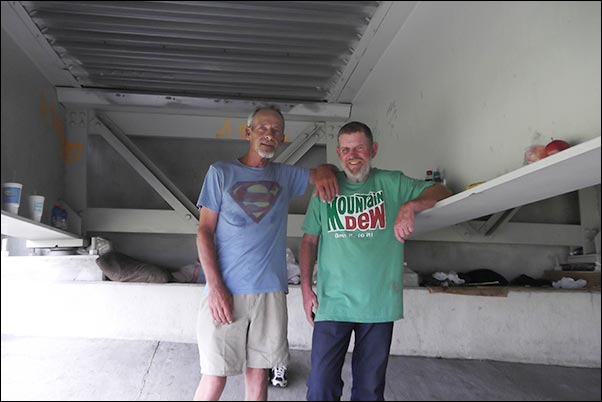 Our soldiers enter the service young, energetic, full of life, and gung-ho. The military builds them into "warriors" and deploys them into war zones and/or combat. Many are shot at, watch their buddies be killed, kill or harm others, and witness injury and death up close. Some return with physical injuries to their body such as the loss of limbs, and many more return suffering with invisible injuries such as Post-Traumatic Stress Disorder ("PTSD") and traumatic brain injuries. When these soldiers are discharged to return to civilian life without the proper treatment and counseling they begin to feel alienated, anxious, confused, scared, angry and isolated. They may be afraid to be around or talk to people that they have known their whole life. They may suffer from nightmares and flashbacks. Some only feel safe to go outside after dark, when there are not many people around. Most have "too much pride" to admit that need help even though the treatment is available to them.
Our soldiers enter the service young, energetic, full of life, and gung-ho. The military builds them into "warriors" and deploys them into war zones and/or combat. Many are shot at, watch their buddies be killed, kill or harm others, and witness injury and death up close. Some return with physical injuries to their body such as the loss of limbs, and many more return suffering with invisible injuries such as Post-Traumatic Stress Disorder ("PTSD") and traumatic brain injuries. When these soldiers are discharged to return to civilian life without the proper treatment and counseling they begin to feel alienated, anxious, confused, scared, angry and isolated. They may be afraid to be around or talk to people that they have known their whole life. They may suffer from nightmares and flashbacks. Some only feel safe to go outside after dark, when there are not many people around. Most have "too much pride" to admit that need help even though the treatment is available to them.
These same men and women can be found homeless and sleeping under a bridge or in a "tented city". Research shows that veterans who are discharged from the Afghanistan and Iraq wars suffering with traumatic brain injuries and PTSD that do not receive treatment generally become homeless within nine to 12 months. South Carolina's homeless veteran population is heavily concentrated in Charleston. In 2011 a one-night count of shelters statewide found at least 612 homeless vets with nearly 150 of them in Charleston.
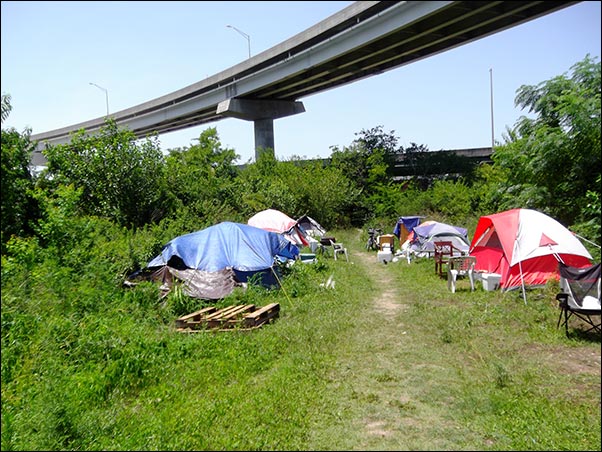 Bold strides to improve the quality of life for the veteran community in South Carolina have been made in the last few years. Despite this, the situation for our homeless veterans is still in desperate need. Homeless veterans can obtain food and shelter. Unfortunately food and a bed will not help to resolve the problem. We need to help direct veterans to treatment and rehabilitation. Their PTSD makes it difficult (or impossible) for them to make appointments as they are only focused on day to day survival.
Bold strides to improve the quality of life for the veteran community in South Carolina have been made in the last few years. Despite this, the situation for our homeless veterans is still in desperate need. Homeless veterans can obtain food and shelter. Unfortunately food and a bed will not help to resolve the problem. We need to help direct veterans to treatment and rehabilitation. Their PTSD makes it difficult (or impossible) for them to make appointments as they are only focused on day to day survival.
How can we leave the men and women who risked their lives for our freedom homeless, out on the streets, and under bridges and allow a 29 year old, unemployed "beach bum" to abuse the system.
More Photos Below
